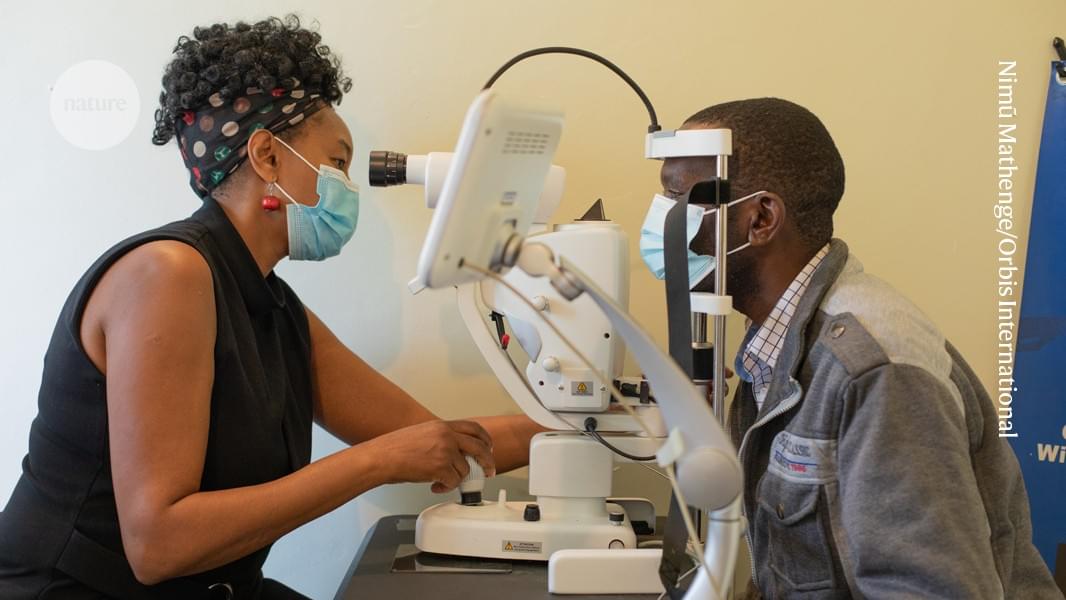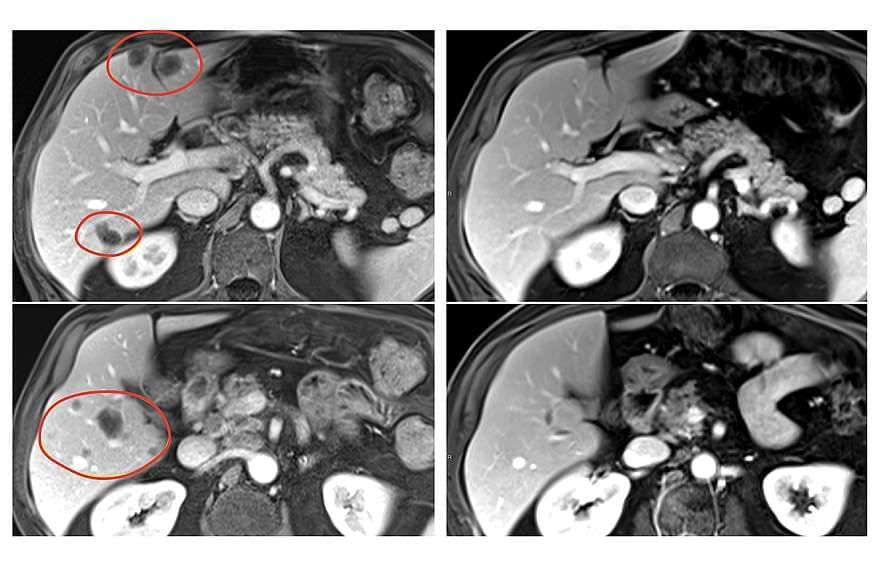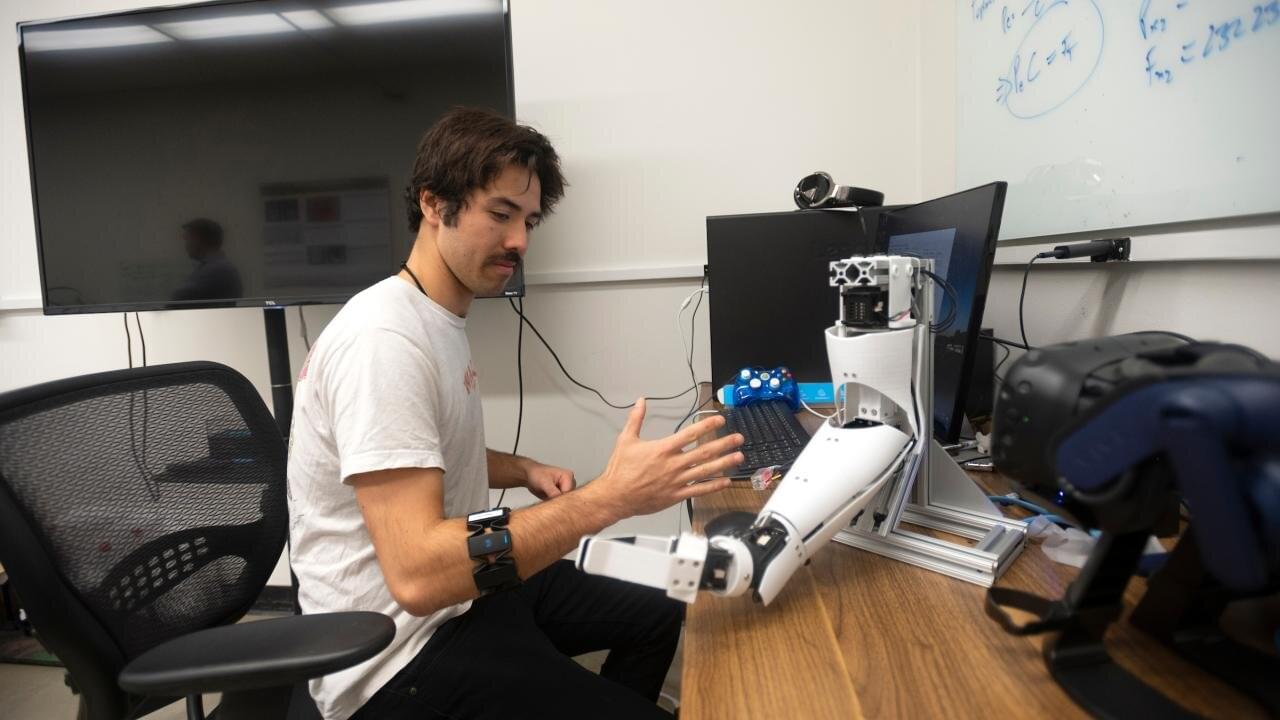Scientists at Northwestern University and University of California San Diego have developed a new, potent injectable therapy that can protect the heart from damage after a heart attack.
The therapeutic approach comprises specially designed polymers that act like proteins. These protein-like polymers (PLPs) “grab” onto regulatory proteins, which blunt the body’s natural healing process, in heart tissue. With those proteins out of the way, the healing proteins are free to do their job — preventing stress and inflammation.
Protein-like polymer demonstrated improved heart health in animal experiments.
Heart attacks cause long-term damage that ultimately leads to heart failure. New treatment protects the heart from long-term damage after a heart attack.









